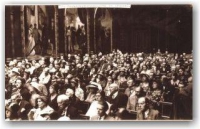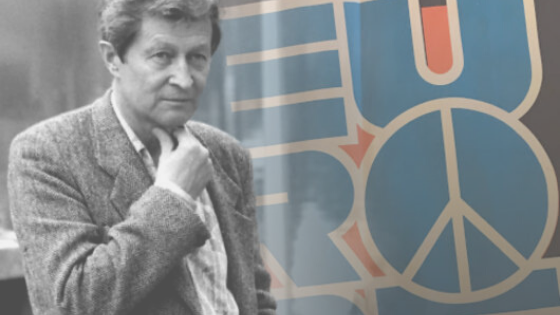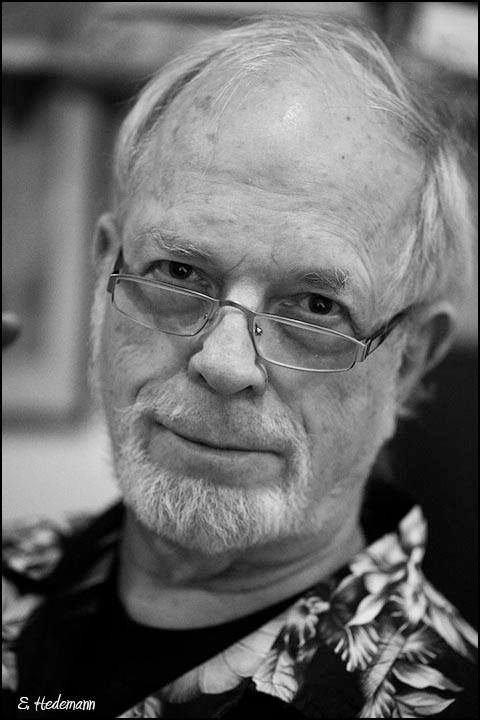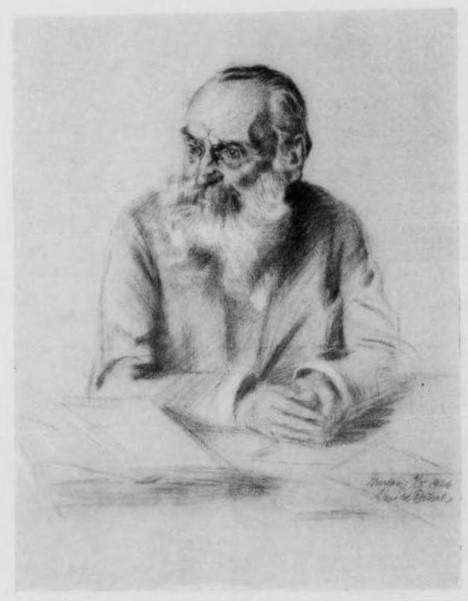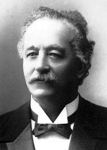Written by Colin Archer, IPB Secretary-General (retired)
The end of the Cold War ushered in a particularly complex decade. Loss of peace movement momentum due to the end of East-West confrontations and the immediate nuclear threat was accompanied by a diversification of focus. Human rights, social development, gender, environment and other causes all absorbed activist energies and favoured new coalitions and political formations. These issues were highlighted by a remarkable series of major UN Summits, culminating in the Millennium Declaration and ultimately the Sustainable Development Goals (2015).
Continue reading “A short history of the International Peace Bureau: 1990 – 2017*”


